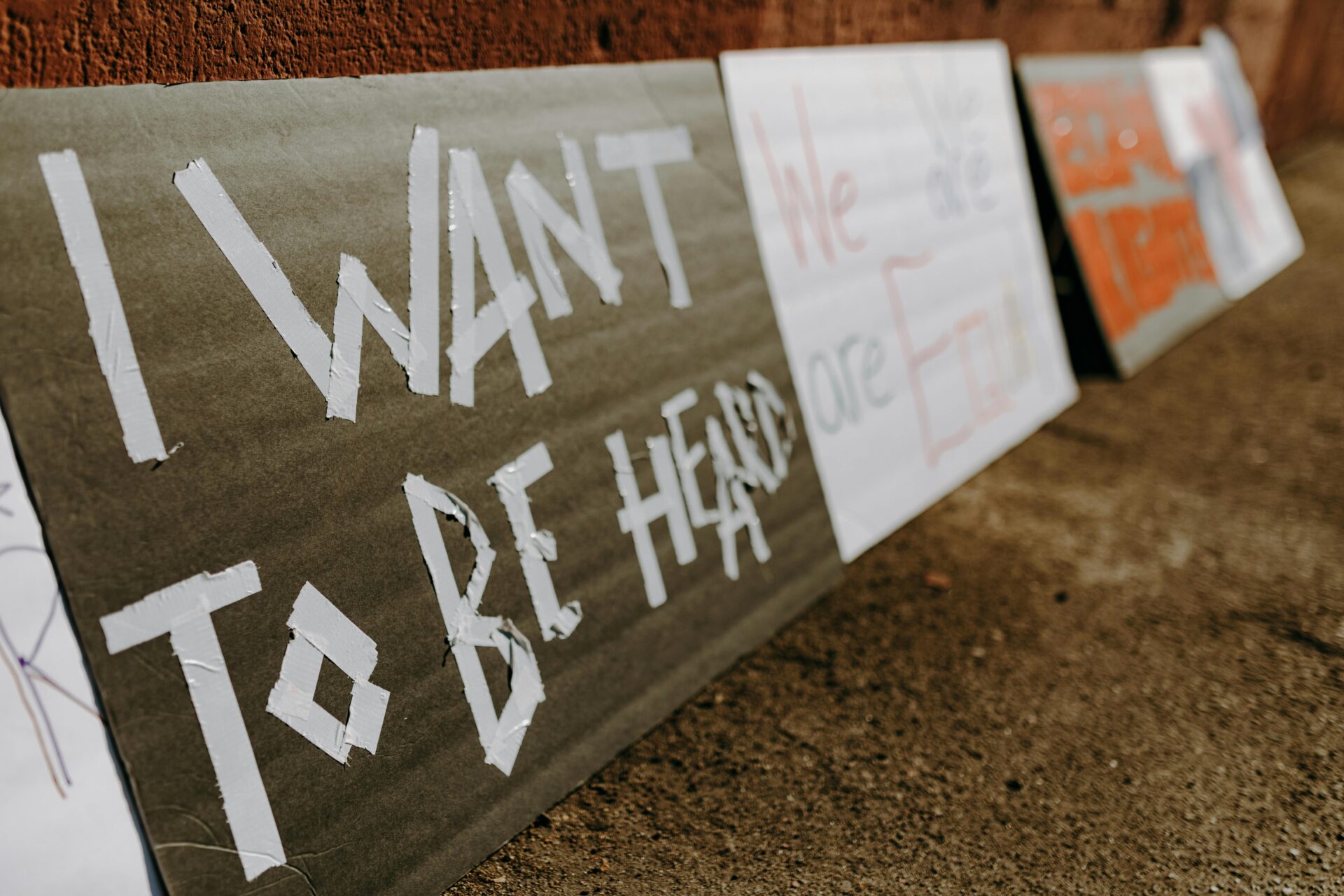
It used to be that corporations, especially the large ones, preferred to stay out of politics. But suddenly, a whole host of brands has decided to step right in and support President Trump by scrapping their long-hyped DEI programs. Google, Meta, Intel, GM, Pepsi, Disney, Walmart… the list goes on, and in the coming days there will be more brands that will bend to the strong arm of the president.
In one swift stroke, women, indigenous people, visible minorities and all the people under the rainbow umbrella of gender identities are all painted into a corner of ‘dubious merit’. Somehow, their struggles to reach where they are today is in question because the implication is that they got there not on merit, but on some lopsided DEI rule. How tragic is that?
Is anyone pushing back on this?
While so many brands decided to bend the knee to the new power base in Washington, the Apple board and shareholders took a stand. They decided to retain their DEI policy and took the trouble to tell the world they’re keeping a policy that has worked. Costco is another brand that’s bucking the trend with 98% of shareholders voting against removing DEI policies. Other brands standing by their DEI policies are Delta Airlines, Cisco, Deutsche Bank and the NFL.
I’m sure there are millions of people that will look at these brands and think – thank heavens that there’s still hope for fairness and equity. I’m looking forward to seeing an amazing Apple ad that will bring back their ‘Think Different’ idea, to today. There are of course other brave brands that have zigged when everyone else was zagging, like Nike when they decided to back Colin Kaepernick when he was forced off the field for taking the knee. There were many nay sayers then who were posting pictures of burned Nike products on social media. But the reality was that Nike’s sales went up by 31% over that Labour Day weekend.
And of course, there’s Ben & Jerry’s. Along with dollops of delicious ice cream they have always served up a healthy dose of activism. Although, why DEI programs are now the poster boy for wokeness is still a mystery to me.
Could the revolving door of politics mean there’ll be a reversal of this?
All the brands that are currying favour with the President now are forgetting that their consumers, and their employees, are watching. And many of them will make their own choices in the coming days.
This prejudicial view that DEI somehow lowers the standard and doesn’t give a fair shot to privileged white males is clearly wrong. A U.S. government website lists the white workforce as 76% of the total employment population in the U.S.
DEI programs were initiated because research showed that there was rampant discrimination in pay, and in opportunities for advancement at work, for minorities. And this applied to gender, race, ethnicity, language, age, religion, sexual orientation, disability and socioeconomic status. There are still countless organizations that discriminate white women from earning the same as their white male counterparts. Now you can imagine how the rest of the marginalised groups are faring. To imply that DEI is destroying the fabric of society and lowering standards of quality is just plain disinformation.
There is plenty of research and documented proof that diversity, equity and inclusion has had significantly positive impact on company profitability, innovation, collaboration and retention. According to a McKinsey study, companies with diverse executive boards had a 95% higher return on equity than those that lacked diversity.
So, the notion that the majority is somehow the victim is a trope of the political elite to drum up resentment among their struggling base. And when powerful global brands toe the line on such directives, they lend credence to a false and damaging narrative.
Is patriotism a new brand value?
The trade war started by President Trump has had a number of Canadian companies wrap themselves in the maple leaf. The sweep of national love and solidarity is unmistakable and there are many Canadian brands trying to position themselves closest to the flag. But choosing Canadian brands is not as easy as it seems. Take Tim Hortons for example. It’s a well-known Canadian brand, but it’s partly owned by American and Brazilian companies. So, is it Canadian? Where do the ingredients in a Loblaws PC product come from? What’s the difference between ‘Product of Canada’ and ‘Made in Canada’? Hopefully Canadian brands will help clear the air so Canadians can take informed decisions going forward.
Here too some brands have taken a clear stand while riffing off the ‘tariff’ talk that’s everywhere. Take Pizza Pizza’s (another Canadian brand) Reverse Tariff commercial for example. There will be many more brands that will tug at the patriotic heart of Canadians as we stumble into tariff territory.
Although chest-thumping is not typically a Canadian thing, under the current circumstances, it may well be a necessary thing.
So where does that leave brands?
Brand value exists in the hearts and minds of people. If brands expect consumers to stand with them or be loyal to them, then brands in turn need to stand with their customers and champion their rights and aspirations.
The elected President has barely 50% of the vote. And records show that nearly 90 million Americans who were eligible to vote, didn’t cast their vote. Now add half the people that didn’t vote for the President and the 90 million that didn’t bother to vote, and you have a significant majority that may not agree with policies like removing DEI.
It is quite unsettling to see so many brands deciding to ignore the real majority and put a stake in the ground on where the President wants them to stand. Good luck on wooing the majority four years from now.
If the lives of consumers are intertwined with brands, then brands really do need to step up and take a stand. Most brands have detailed brand personalities and brand vision statements and brand narratives. If brands don’t take ownership of what they refer to as their brand DNA, then people will decide it for them. I wouldn’t be surprised if we start seeing user generated content that paints the public’s take on these brands. Looking at Doritos from Pepsi Co. I guess the orange dust from Doritos have been on our collective fingers for so long we didn’t really notice where things were headed.







